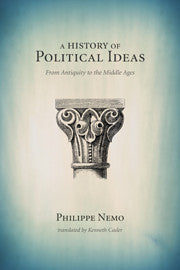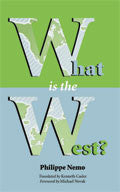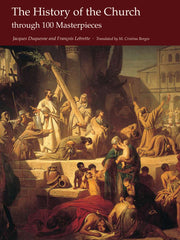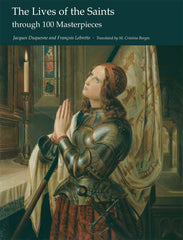A History of Political Ideas from Antiquity to the Middle Ages
Philippe Nemo $40.00Published in 2013 | $40.00 | paper | ISBN: 978-0-8207-0455-5
Reviews:
“Appealing to readers with ‘little prior knowledge’ of political thought, [Nemo] provides a lucid, engaging introductory volume that will enlighten both novices and specialists. The use of ‘historical context’ combined with exceedingly accurate interpretations of primary texts and the absence of ideological frameworks contributes to the high overall quality of the book. This valuable and readable book deserves a wide readership. Highly recommended. All readership levels.” — Choice
“Especially useful for students [and general readers], Nemo’s work is a remarkable sum of written scholarship with an unwavering pedagogical concern for illuminating the Western foundations of modern political thought.”—Le Salon Littéraire
Book Information:
Recipient of the Koenigswarter Prize of the French Academy of Moral and Political Sciences, awarded to the best academic book on legal history during a five-year period.
Recipient of the Grand Prix du Livre of the Association pour la Liberté Économique et le Progrès Social, presented annually for a book on economic thought.
While we all seem to talk about politics, few of us actually know how today’s issues fit into the framework of political history. Indeed, as contemporary French philosopher Philippe Nemo points out, much of our Western secondary education is increasingly compartmentalized and provides no overarching framework for thought or any chronological bearings. With this engaging and comprehensive volume, Nemo provides just such context, as he traces the origins of political thinking from the earliest prestates through subsequent eras to allow us to better understand today’s super states.
Nemo sets forth the premise that the beginnings of political thought—our political science—can be traced to three primary sources: the philosophers and thinkers of the Greek city-state, Roman law, and the Christian Gospels. He analyzes the pre-Greek prepolitical societies and, leaning on the work of anthropologists, shows that while these societies may have had organizing principles, they did not have the concept of an evolving jurisdiction that governed the people—a concept that is the foundation of political thought. From the Greeks—Plato, Aristotle, Xenophon, and the Stoics—Nemo moves on to the Romans. He demonstrates how Cicero, Seneca, and Tacitus added that sense of evolving jurisdiction and shaped political thought for generations to come.
Finally, the impact of Christian thought is examined, including a discussion of the “political” ideas present in biblical texts and the attitudes of Christians living under the Roman Empire. Tracing the birth and development of canon law and the influence of numerous Christian thinkers and writers—including Saints Paul, Augustine, and Thomas Aquinas—Nemo reveals the additional layer these have added to the history of political organization.
By including little-known details and fascinating stories, Nemo makes these historical figures and their thought come alive for us—and, in the process, provides us with an understanding of the foundations upon which the contributions of modern (and postmodern) political thinkers continue to build.
Author Information:
PHILIPPE NEMO is a professor at ESCP Europe, where he teaches philosophy and the history of political ideas. He is also the author of What is the West? and Job and the Excess of Evil, both available in English, and of Les deux Républiques françaises and Histoire du libéralisme en Europe.
KENNETH CASLER is director of communication for ESCP Europe.











